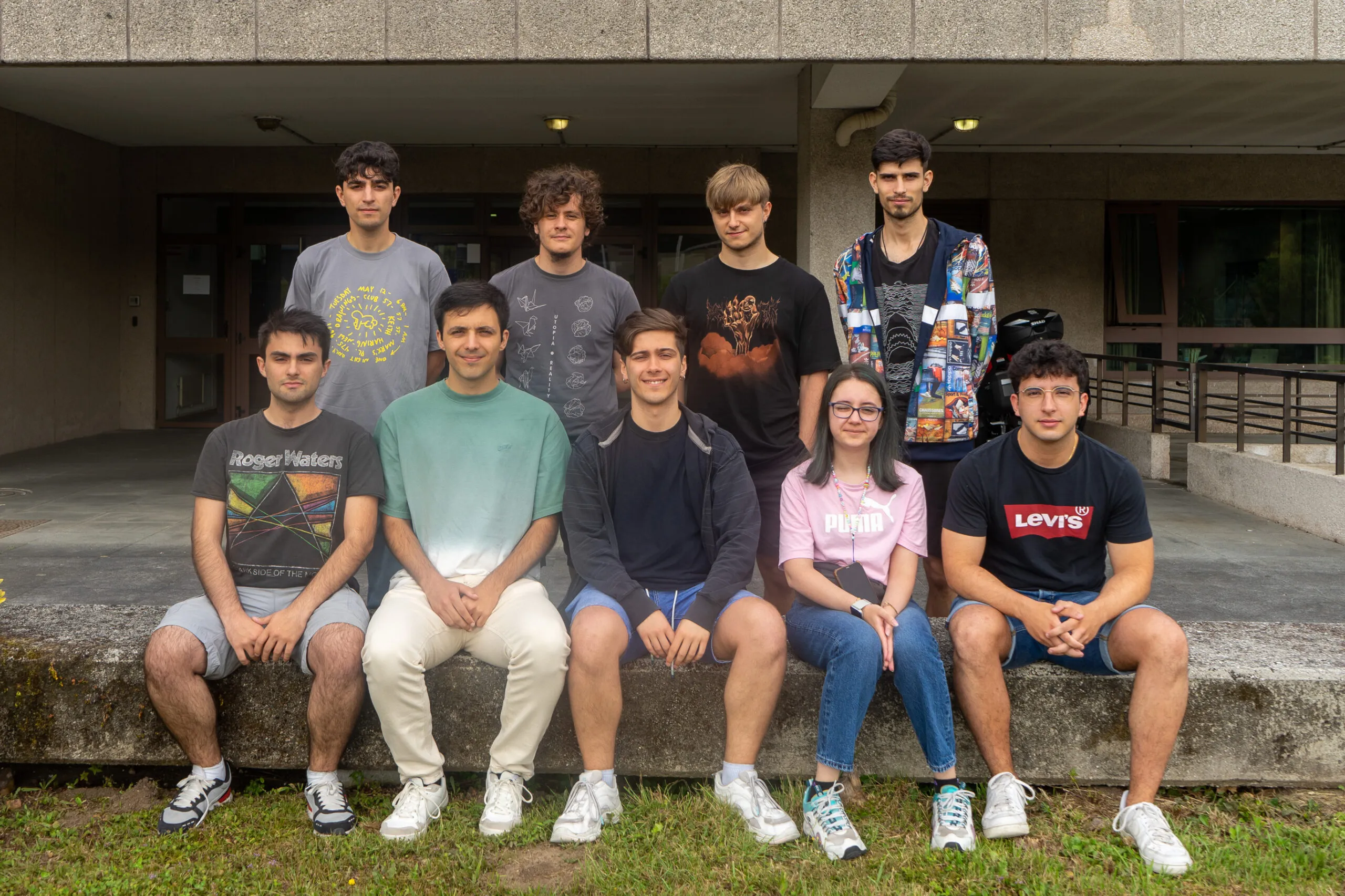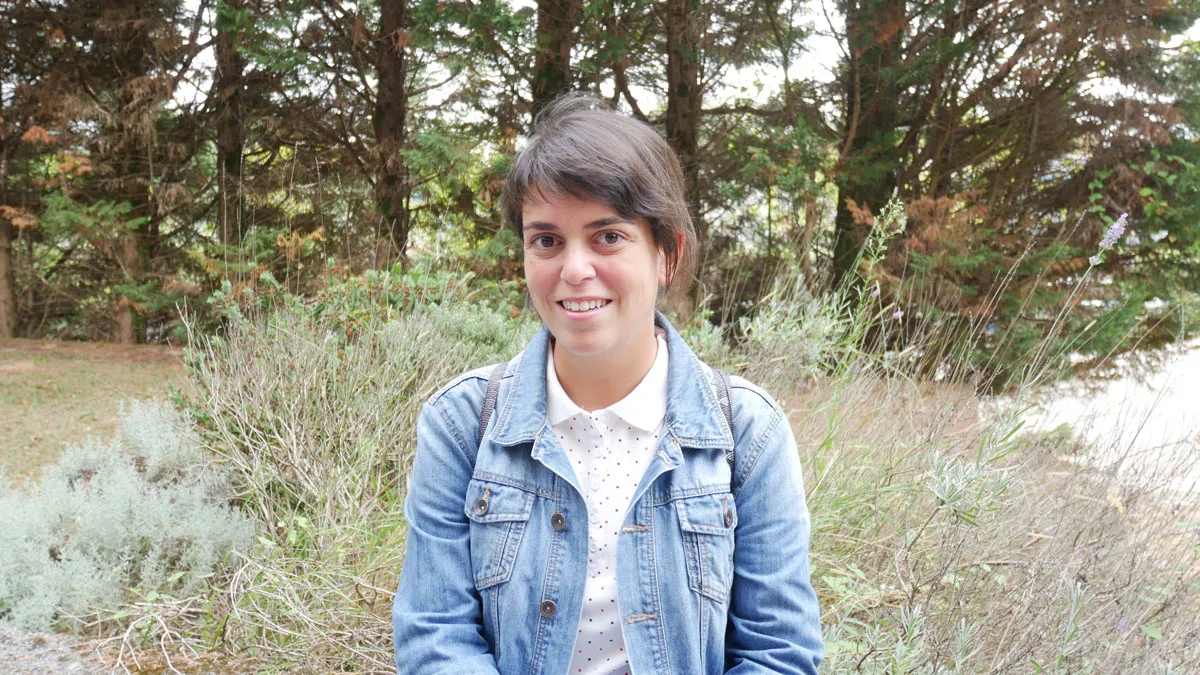Un mes aprendendo no IGFAE: así foi a experiencia do alumnado das Bolsas de Verán



01.10.2019

Belén Rodríguez Soto, graduada en Economía e coa carreira de Física case terminada, conseguiu unha das dúas bolsas de verán destinadas a estudantes de campos alleos ao mundo científico-tecnolóxico. Antes de comezar o máster en Desenvolvemento Económico e Innovación da USC o próximo curso, falounos da súa experiencia como economista no instituto e dos seus plans de doutoramento no futuro.
Por Alfonso Alonso
P: Que é a Física para ti?
R: É a ciencia máis básica, aquella que axuda a responder ás preguntas máis fundamentais. Pode axudar á curiosidade humana e ademais permite resolver problemas doutros campos de coñecemento.
P: De que forma podemos relacionarnos coa Física co mundo da Economía?
R: Creo que falar de Física e Economía é falar de ciencia básica e aplicación. Fundamentalmente creo que a conexión entre ambas está na transferencia, en termos de impulsos tecnolóxicos, e a innovación que se pode dar desde hai.
P: Coñecía o IGFAE?
R: Si, en Física tiven profesores que xa eran do instituto e desde 2017 cando lle deron o recoñecemento da Unidade de Excelencia María de Maeztu. Creo que así conseguíu maior relevancia porque antes estaba mesturado coa Facultade de Física. O IGFAE é un centro de talla mundial. Sempre me preocupo por coñecer as institucións que forman parte da USC (Universidade de Santiago de Compostela).
P: Como atopou as bolsas de verán do instituto?
R: Un profesor co que teño moi boa relación na Facultade de Económicas díxome que había estas bolsas. Grazas a iso, dous días antes de que rematase o prazo, comecei a actualizar o currículo, escribín a carta de motivación e enviei a miña solicitude.
P: Esperaba ser seleccionada ou non tiña altas expectativas?
R: Pensei que debido ao meu currículo podía encaixar ben no instituto. Non pensei que fose seleccionada cunha probabilidade moi alta, pero eu tiña a esperanza de que houbese dúas bolsas para persoas do NO-STEM.
P: Que fixeches no centro durante todo o mes?
R: Preparei un informe sobre o potencial do instituto e a detección de puntos fortes que ten para a transferencia de tecnoloxía e a súa contribución ao desenvolvemento socioeconómico. Busquei moito en internet e lin a documentación que me entregaron no instituto.
P: Como principal fortaleza do instituto, que destacaría?
R: O capital humano que ten. Son investigadores de primeiro nivel internacional.
P: E puntos de mellora?
R: Creo que deben mellorar o número de mulleres que teñen o instituto traballando: eliminar esa fenda de xénero no mundo da Física e tamén fortalecer os lazos coa industria que os rodea e xerar nova industria.
P: Falemos de retos, cales foron os seus principais obstáculos?
R: Por suposto, chegar a un novo centro nun mes como xullo, o que é complicado, despois dun intenso curso académico e intentar facer un bo traballo en tan pouco tempo.
P: Que é o que máis lle gustou desta experiencia?
R: Ter a oportunidade de estar nun instituto tan relevante como este e iniciarme nun mundo ao que pretendo dedicarme no futuro.
P: Finalmente, ata que punto esta experiencia aumentou a súa valía como investigadora?
R: Foi unha experiencia enriquecedora que me permitiu coñecer como funciona un centro con estas características dentro. Non obstante, aínda é moi cedo para falar de portas abertas, pero no futuro será positivo para min.